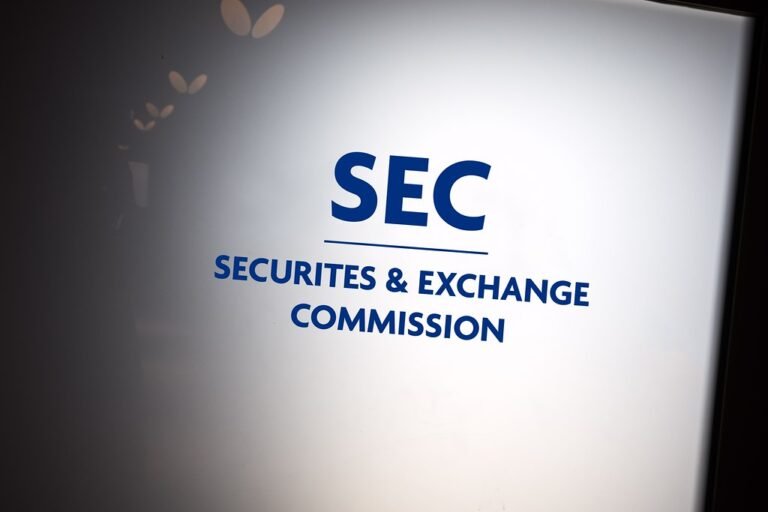
WASHINGTON, D.C. — The Federal Trade Commission (FTC) has issued a final enforcement order against Workado, LLC, mandating that the company stop advertising its artificial intelligence content detection tool without credible evidence to support its assertions.
This action follows the FTC’s investigation into Workado’s AI Content Detector, a tool that was marketed to consumers as being able to identify whether a text was authored by a human or generated by AI. Workado claimed the product was “98 percent accurate,” but independent tests referenced by the FTC revealed that it was no more effective than a coin flip—achieving only 53 percent accuracy on general content.
“Consumers trusted Workado’s AI Content Detector to help them decipher whether AI was behind a piece of writing, but the product did no better than a coin toss,” said Chris Mufarrige, Director of the FTC’s Bureau of Consumer Protection. “Misleading claims about AI undermine competition by making it harder for legitimate providers of AI-related products to reach consumers.”
False Claims and Limited Capabilities
The FTC claimed that Workado’s assertions were not just inflated but also misleading. Although the detector was marketed as being trained on a variety of sources, including blog posts and Wikipedia entries, the AI model was actually only fine-tuned to evaluate academic content. This significantly restricted its capability to analyze general-purpose writing, despite the contrary claims.
Previously known as Content at Scale AI, Workado promoted its tool during a period of increasing public concern regarding the authenticity of online content and the emergence of generative AI technologies like ChatGPT. The FTC stated that the company’s unsupported claims were a breach of the FTC Act.
Final Order Details
After a public comment period, the Commission voted unanimously, 3-0, to approve the final order. This order aims to prevent any future deceptive advertising practices by Workado and includes several important provisions:
Truthful Claims Only: Workado is prohibited from making any claims about the accuracy of its AI detection technology unless it has “competent and reliable evidence,” including scientific data, to support those statements.
- Evidence Retention: The company must retain detailed documentation for any future claims related to AI detection performance, including testing protocols, data sources, and statistical analyses.
- Consumer Notification: Workado is required to notify customers who purchased its AI detection product of the FTC’s enforcement action. The company must send emails to all identified users within 180 days of the order and report on its outreach efforts annually.
- Ongoing Monitoring: The company must submit compliance reports to the FTC one year after the order’s issuance and annually for the following three years. It is also subject to monitoring, including recordkeeping requirements for 10 years.
- Penalties for Noncompliance: Failure to meet the terms of the order, including timely customer notifications and report submissions, will be treated as violations of the order and may result in further legal action.
Read the final order here: Decision and Order
The enforcement action underscores the increasing examination of how AI products are marketed, especially those aimed at identifying or engaging with generative AI content. With the rise of AI technologies, the FTC has adopted a more assertive approach towards misleading or unsupported claims within the tech industry.
The final order is currently in effect and will stay binding for 20 years unless altered or prolonged through additional legal measures.
For further information, the complete order can be found on the FTC’s website at ftc.gov



